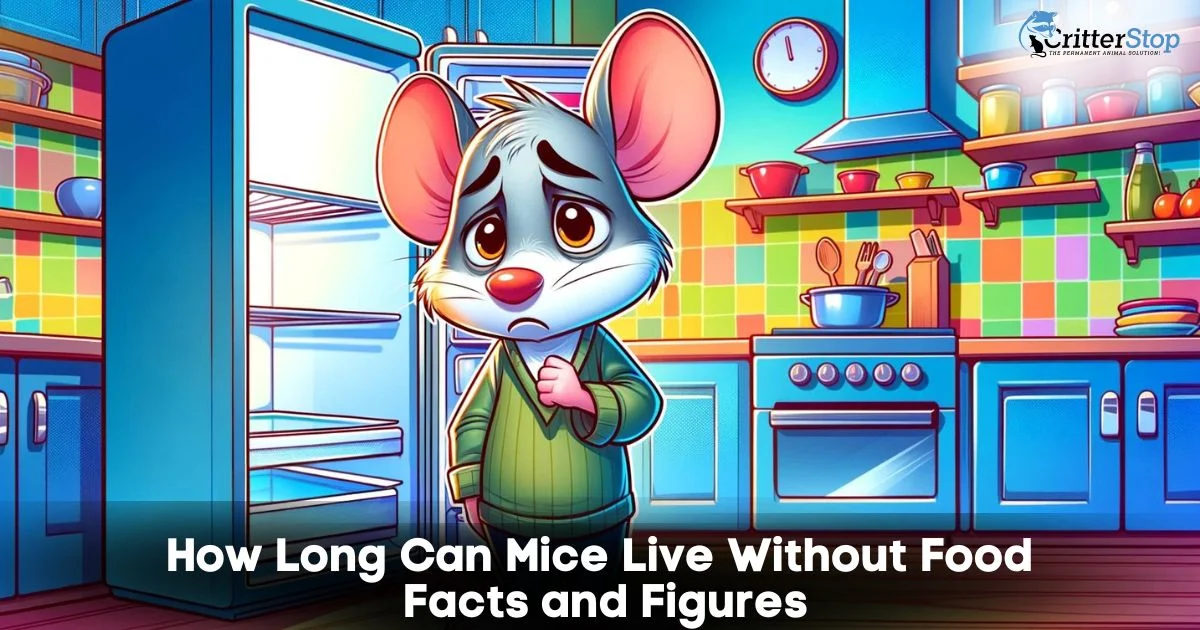
Rodents such as mice are frequently encountered in households, agricultural areas, and wooded regions. These creatures are recognized for their swift agility and rapid reproductive rate, which can make them a nuisance for homeowners. Yet, a common query that arises when addressing issues with mice infestations is how long can mice live without food? This query holds significance as it aids homeowners in discerning the optimal approach to get rid of mice and prevent future infestations.
Mice, like all living organisms, require food to survive. Deprived of sustenance, they will ultimately perish due to starvation. However, mice are able to survive for a surprisingly long time without food. In fact, some studies have shown that mice can survive for up to two weeks without any food at all. This is because mice have a very slow metabolism, which allows them to conserve energy and survive for longer periods of time without food.
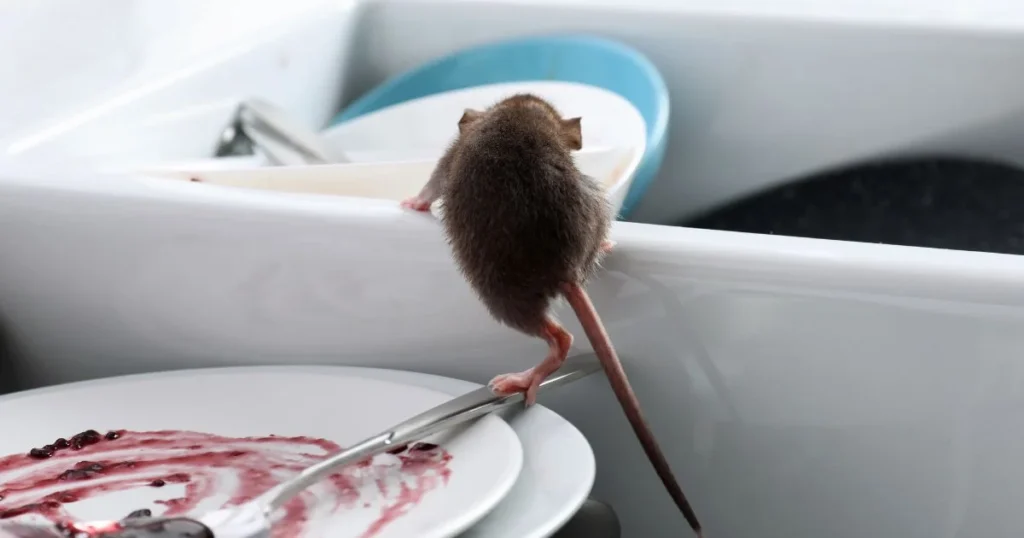
Mice are small rodents that are well adapted to survive in various environments. They have several physiological adaptations that help them survive without food for extended periods. One of their most noteworthy adaptations is the capacity to decelerate their metabolism. When food is scarce, mice can reduce their metabolic rate by up to 90%. This reduction in metabolic rate this trait aids them in conserving energy and enduring extended periods without sustenance.
Another physiological adaptation that mice have is their ability to store fat. Mice have a high capacity for storing fat, which they can utilize when food is scarce. The fat is stored in specialized cells called adipocytes, which are found throughout the body. When food is scarce, these adipocytes break down the stored fat to release energy, which the mouse can use to survive.
The metabolic rate of mice plays a crucial role in determining their endurance without food. Metabolic rate refers to the pace at which the body consumes energy. Mice boast a high metabolic rate, indicating their substantial energy demands for survival. However, as mentioned earlier, mice can slow down their metabolic rate when food is scarce, which helps them survive for longer periods without food.
Studies have shown that mice can survive without food for up to two weeks. However, this survival time can vary depending on several factors, such as the age and health of the mouse, the temperature and humidity of the environment, and the availability of water. Mice can survive without water for only a few days, as water is essential for many physiological processes, such as digestion and waste removal.
In conclusion, mice have several physiological adaptations that help them survive without food for extended periods. Slowing down their metabolic rate and storing fat are pivotal elements in their ability to survive. However, it is important to note that mice still require water to survive, and their survival time without food can vary depending on several factors.
Mice are omnivorous animals and require a balanced diet to maintain their health. Their diet should consist of a variety of foods, including grains, seeds, fruits, and vegetables. They also require protein, which can be obtained from insects, meat, or dairy products.
Mice require a diet that is high in fat and protein to maintain their energy levels. They also require vitamins and minerals, which can be obtained from fresh fruits and vegetables. Inadequate nutrition can result in health issues, including malnutrition, obesity, and dental problems.
Water is essential for mice to survive, and they require a constant supply of clean, fresh water. Mice can survive without food for several days, however, they cannot endure without water for more than a few days.
Mice obtain water from their food, but they also require a water source. Water bottles or bowls should be provided, and they should be cleaned and refilled daily. Dehydration can result in severe health complications, such as kidney failure and ultimately, death.
In summary, mice necessitate a well-rounded diet rich in fats and proteins, alongside fresh fruits and vegetables to secure essential vitamins and minerals. Additionally, they rely on a continual provision of clean, fresh water for survival. Although mice can endure without food for several days, their survival is limited to only a few days without water.
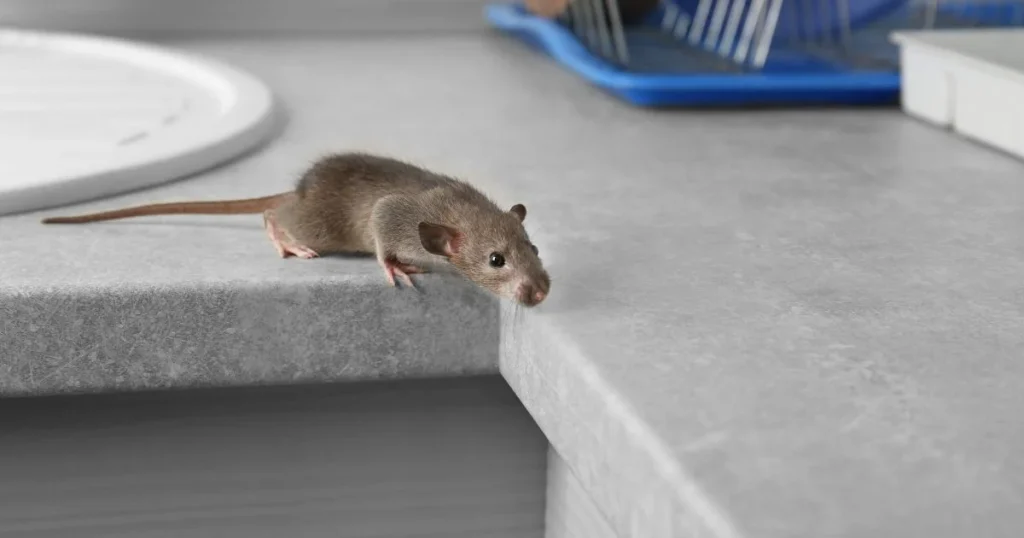
Mice have developed several survival mechanisms to endure periods of food scarcity. These mechanisms allow them to survive for an extended period without food, but not without water.
Depending on factors such as age, health, and environmental conditions, mice can endure for up to two weeks without food. During fasting, mice slow down their metabolism, which reduces their energy expenditure. They also break down their fat reserves to produce energy and maintain their body temperature.
Mice cannot survive without water for an extended period. They can only survive a few days without water, based on their age, health, and environmental conditions. However, mice have developed several mechanisms to reduce their water loss and increase their water intake.
Mice conserve water by reducing their urine output and increasing their urine concentration. They also reduce their water loss through feces by producing dry and hard stools. Mice increase their water intake by eating moist food and licking water droplets from surfaces.
In conclusion, mice have developed several survival mechanisms to endure periods of food scarcity. They have the ability to survive for up to two weeks without food, but not without water. Mice slow down their metabolism and break down their fat reserves during fasting to conserve energy. Mice reduce their water loss and increase their water intake during dehydration to conserve water.
Mice are known to survive for long periods without food, but the duration of survival depends on several factors. These factors include environmental conditions and physical health.
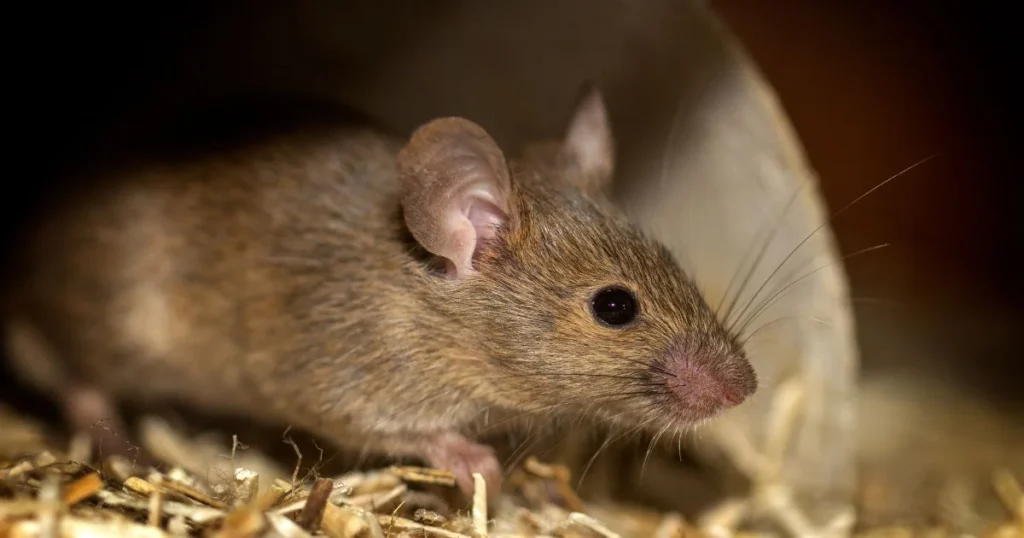
The environment in which a mouse lives plays a significant role in its survival without food. Mice living in a cold environment have a better chance of survival since their metabolic rate is slower, and they need less energy to regulate their body temperature. On the other hand, mice living in a warm environment have a higher metabolic rate, which means they burn more energy and require more food to survive.
Another environmental factor that affects the survival of mice without food is humidity. Mice living in a dry environment can survive longer without food than those living in a humid environment. This is because mice lose water through respiration and sweat, and in a humid environment, the water loss is higher.
The physical health of a mouse also influences its survival without food. A healthy mouse can survive longer without food than a sick or injured one. This is because a healthy mouse possesses a stronger immune system, aiding in the combat against infections and diseases that may result from food deprivation.
Moreover, a mouse with a healthy body weight can survive longer without food than an underweight one. This is because an underweight mouse has less fat reserves, which are essential for energy production during food scarcity.
In conclusion, the survival of mice without food depends on several factors, including environmental conditions and physical health. While mice can survive for long periods without food, it's crucial to guarantee they have access to both food and water to prevent starvation and dehydration.
Mice have an incredible sense of smell and are able to detect food from a distance. They can smell food up to 45 meters away, which is quite remarkable given their small stature. The olfactory receptors in their noses are extremely sensitive, capable of detecting even the faintest odors.
Moreover, mice can smell food through plastic, as their sense of smell is so acute that it can penetrate through thin barriers. That's why it's crucial to store food in airtight containers to deter mice from reaching it.
In addition to their sense of smell, mice have other sensory capabilities that help them survive in the wild. They have excellent hearing and can detect high-pitched sounds that are inaudible to humans. They also possess a keen sense of touch and can navigate their surroundings using their whiskers
Overall, mice have impressive sensory capabilities that allow them to survive in a variety of environments. Their keen sense of smell, in particular, helps them locate food and avoid danger.
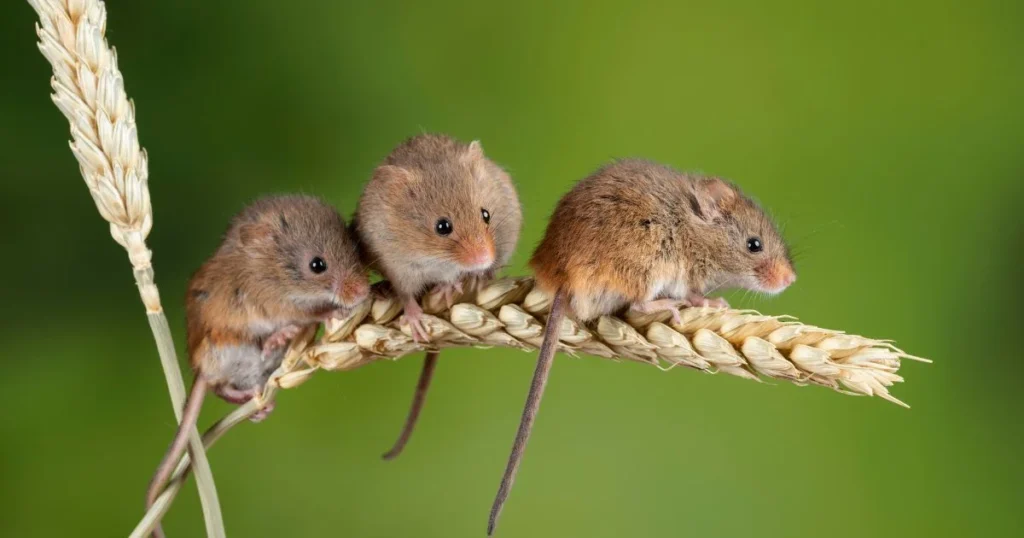
Mice are known to infest homes and other buildings, causing damage and spreading diseases. Taking preventive measures is essential to avoid infestations, thereby minimizing the need for extermination and potential health risks. An effective method to prevent mice from infiltrating a residence is by sealing all cracks and holes in walls, floors, and foundations. Since mice can squeeze through minuscule openings, thoroughness is crucial in this endeavor. Moreover, maintaining a clean and clutter-free home can discourage mice from entering. Given their attraction to food and shelter, eliminating these enticements can effectively deter infestations.
Mice can smell food through plastic and other materials, making it important to store food properly in order to prevent infestations. Food should be stored in airtight containers made of metal or glass, as mice cannot chew through these materials. Additionally, food should be stored at least 18 inches off the ground and away from walls, as mice can climb and jump. It's equally important to keep food preparation areas tidy and devoid of crumbs and spills, as these can lure mice.
In addition to preventing infestations, proper food storage and safety is important for human health. Mice can contaminate food with their urine and feces, potentially spreading diseases like salmonella and hantavirus. By taking these preventative measures, individuals can protect both their homes and their health from the dangers of mice infestations.
Mouse starvation has been a topic of interest to researchers for many years. Several scientific studies have been conducted to determine how long mice can survive without food. According to a study published in the Journal of Wildlife Diseases, mice can survive for up to 10 days without food. However, the study also found that the survival time varied depending on the age and health of the mice.
Another study, published in the Journal of Experimental Biology, indicated that mice can survive for up to 14 days without food. The study also revealed that during the starvation period, the mice's metabolism slowed down, and they lost a significant amount of body weight.
Survival statistics show that mice can survive for several days without food. However, the precise duration of survival varies depending on factors such as age, health, and environmental conditions. For instance, if the temperature is too high or too low, the mice's survival time may decrease.
In general, adult mice can survive for up to 10 days without food, while baby mice may only survive for a few days. It is important to note that mice require water to survive, and they cannot survive for more than a few days without it.
In conclusion, mice can survive for several days without food, but the exact duration of survival depends on various factors. Researchers continue to study the effects of starvation on mice to gain a better understanding of the physiological mechanisms involved.
Knowing how long mice can survive without food is essential in developing effective control strategies. If mice can survive for extended periods without food, then simply removing their food source may not be enough to control their population. Instead, other methods such as trapping or poison baits may need to be employed.
Additionally, understanding how long mice can survive without food can help in determining the frequency of pest control measures. If mice can survive for weeks without food, then more frequent pest control measures may be necessary to prevent their population from growing.
While pest control is necessary in many situations, Considering the ethical implications of certain methods is crucial. For instance, if mice can endure prolonged periods without food, utilizing poison baits might be deemed inhumane, potentially resulting in a slow and painful demise.
Therefore, it is important to consider alternative methods such as trapping or exclusion techniques to control rodent populations. At Critter Stop we have provided our mice removal services hundreds of times in the Dallas - Fort Worth area, providing a quick and effective solution to all the homeowners in the area. Contact us at (214) 234-2616 now!
Mice can last up to two weeks without food, although this duration fluctuates based on factors like age, health, and activity level. Nonetheless, it's crucial to understand that prolonged food deprivation can severely impact a mouse's health, resulting in weakness, organ failure, and potentially death.
Mice can endure up to two weeks without food, yet they cannot last more than a few days without water. Dehydration can swiftly induce organ failure and mortality, underscoring the importance of providing mice with constant access to fresh water.
Mice have an excellent sense of smell and can detect food from several feet away. However, the distance they can smell food depends on several factors, including the type of food, the strength of the scent, and the mouse's age and health.
Mice have a strong sense of smell and can detect food even through plastic. However, the strength of the scent and the thickness of the plastic can affect how easily they can detect it. It's important to store food in airtight containers to prevent mice from detecting it and getting into it.
Visit our Critter Library and learn more about our furry friends